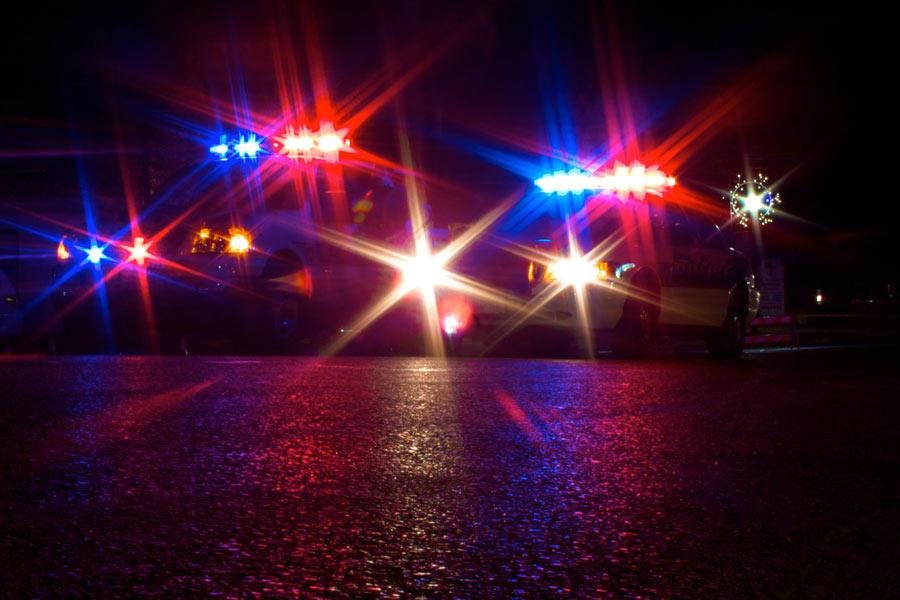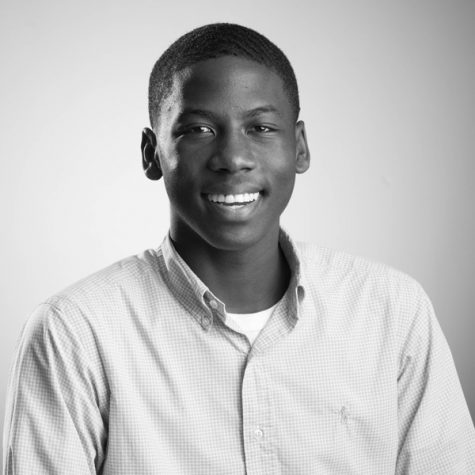Social crisis: police brutality
Media coverage of police brutality sparks controversy across the nation
August 24, 2015
In the past year, the topic of police brutality has ravaged the nation, especially through media. Many national incidents have shocked the world over and over. Most cases boil down to a few questions: Was it justified? Was it too brutal? Was it it biased? These questions, along with this controversy, have brought forth a huge wave of mistrust, fear, and division.
Shawn Vaughn, former police officer of 26 years and current spokesperson for the Texarkana Texas Police Department, has shed some light on the controversies, giving some perspective from the officers who risk their lives every day for the safety of citizens. He advocates for the Department, spreading their message and getting their thoughts out into the world.
“We believe that if there is a problem with an action that an officer does, it should be addressed,” Vaughn said. “If it goes to the point of being criminal, then it should be handled accordingly.”
This whirlwind of media around police brutality not only affects the victims, but also some officers, and the way that citizens view them.
“We should support our police officers,” junior John Debenport said. “I think it’s also important to make sure that they’re supporting the community and doing their job correctly.”
However, in some cases of police brutality, the officer is acquitted, even if charged with something as monumental as murder. This is also something that has caused rifts between police and citizens.
“We as a department have a responsibility to take action,” Vaughn said. “However, any criminal activity, from a citizen or police, are all held to the same standard.”
The actions of few police officers, justified or not, have set a negative outlook on some policemen from all over. Sometimes the victims are resistant, belligerent, and uncooperative. It’s an officer’s duty to handle the situation accordingly and protect other citizens.
“It’s a dirty job,” Vaughn said. “When you’re dealing with someone, you must equate your amount of force with their amount of resistance. Most times, people are cordial and it’s easy to return that. Some might be having a bad day, or could just be bad people.”
On August 9, 2014, Officer Darren Wilson shot and killed Michael Brown, an unarmed citizen in Ferguson, Missouri. There was an altercation between the two, but it was strictly verbal. Brown ran away from Wilson after being shot in the hand, but was eventually shot two more times and died.
“I honestly think that police are too brutal in some cases- more than they should be,” junior Krysten Collins said. “Police only need to use force to a certain extent if the people are unarmed, because even if [the citizens] refuse orders, using too much force is never the answer.”
The concern for police brutality isn’t new, but it’s become very prevalent in our culture over the past year.
“A lot of it is driven by media,” Vaughn said. “Nothing too extraordinary has happened in the past year; media has sensationalized some incidents.”
There has been lots of news coverage on many of these incidents, and the broadcasters make it hard to ignore. A lot of violence is shown, and the ideas of racism are often pushed forward. These situations bring bouts of negativity and anger, and most media centers make sure it’s shown. Citizens see a majority of the victims of police brutality as innocent martyrs. This then sparks rebellion, resulting in people rallying, rioting, looting and attacking officers.
“I don’t understand people taking to the streets and rioting,” Vaughn said. ‘I’ve seen things in the media that honestly disturb me.”
Like most cases of police brutality, the actual truth is hard to find.
“If there is no legitimate proof of [brutality], then it is all hearsay made up by the media,” Collins said. “The public has a tendency to believe everything they hear, and that’s not good.”
In the case of Michael Brown, and others alike, the media showed certain pieces of the story in order to get a certain reaction from their audience.
“The media is known for making up stories and only giving out bits and pieces of the truth in order to make people take these situations out of hand,” said Collins. “I also think the media likes to play the race card in order to stir up trouble.”
The most prevalent situations of police brutality in the media have been about African Americans being harassed and/or harmed by a white officer. This goes back to Mike Brown, Freddie Gray in Baltimore, and Sandra Bland in Prairie View.
“I think that people need to stop looking at the color of people’s skin and saying that is the reason [the victims] are treated that way,” said Collins.
The racial concern of the matter has taken social media by storm, with popular hashtags such as “#BlackLivesMatter,” which is said to promote civil and racial equality.
Social media has allowed citizens to give their input on these situations, and advocate for their cause. Some of these causes are anti-racism, pro-police, and anti-police.
“I feel like [police brutality] has always been a problem, but now social media and technology is advancing,” junior Slyder Welch said. “It’s easier for the problem of police brutality to be more known. People have become more aware of the situation.”















